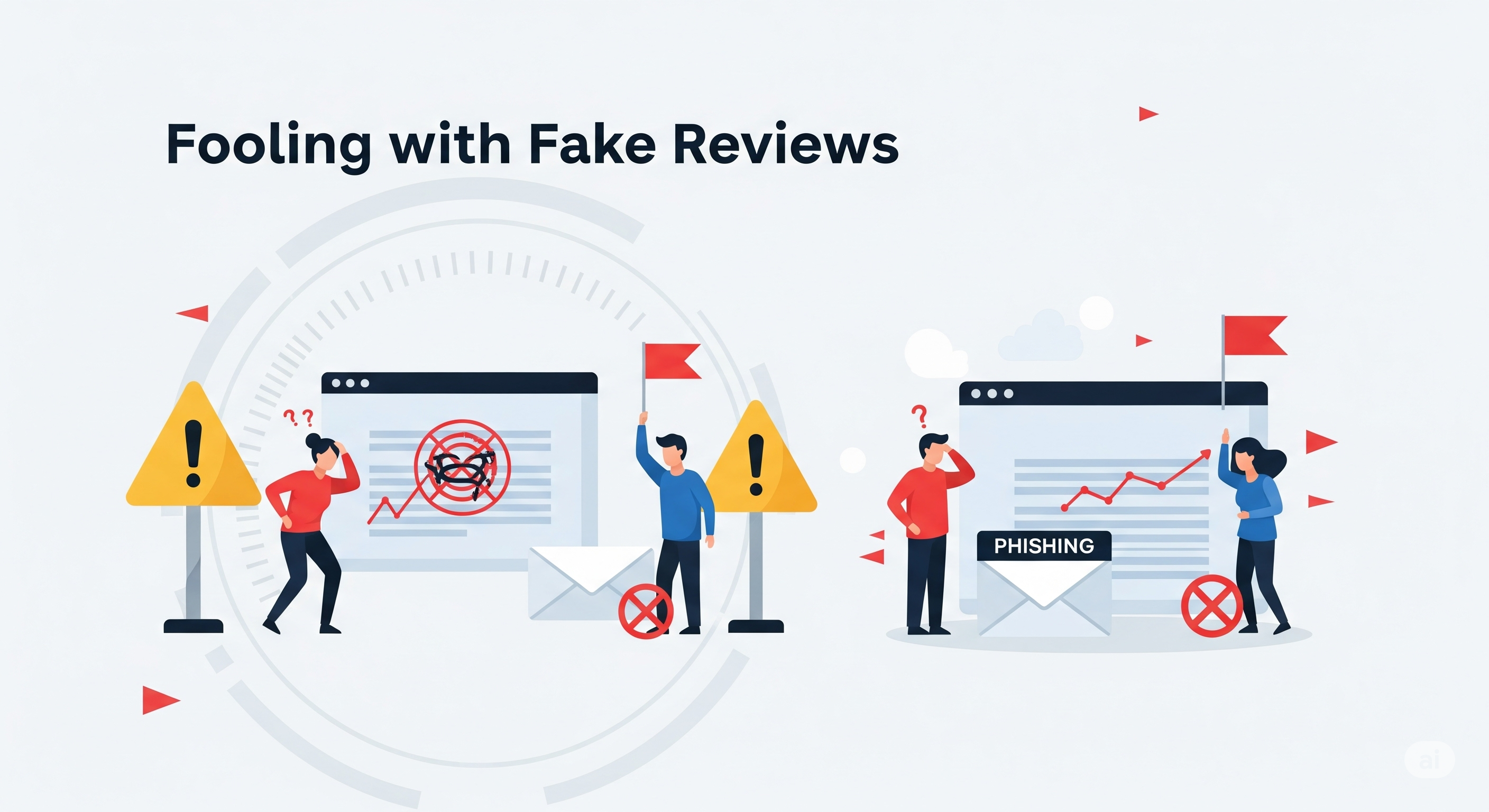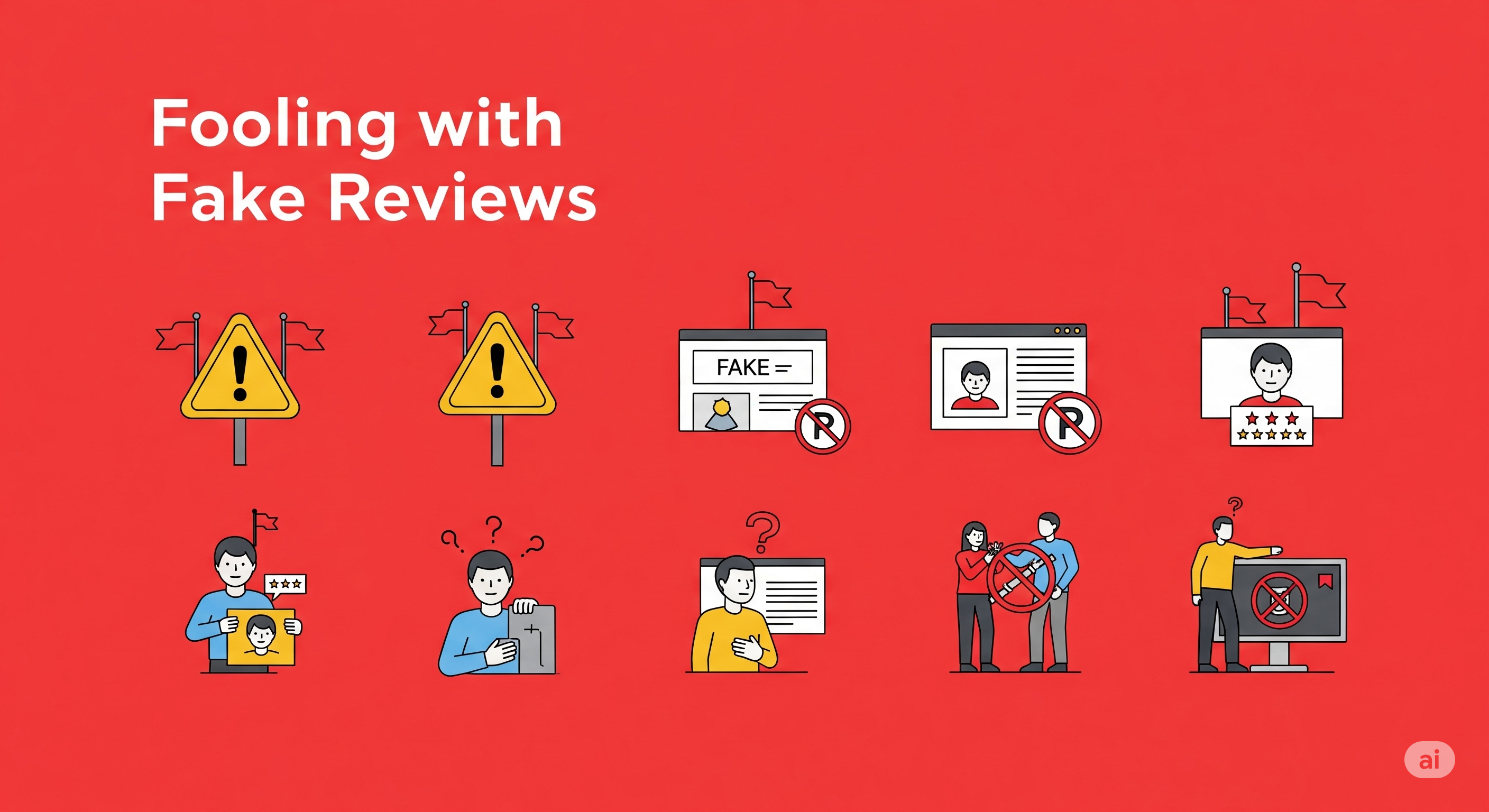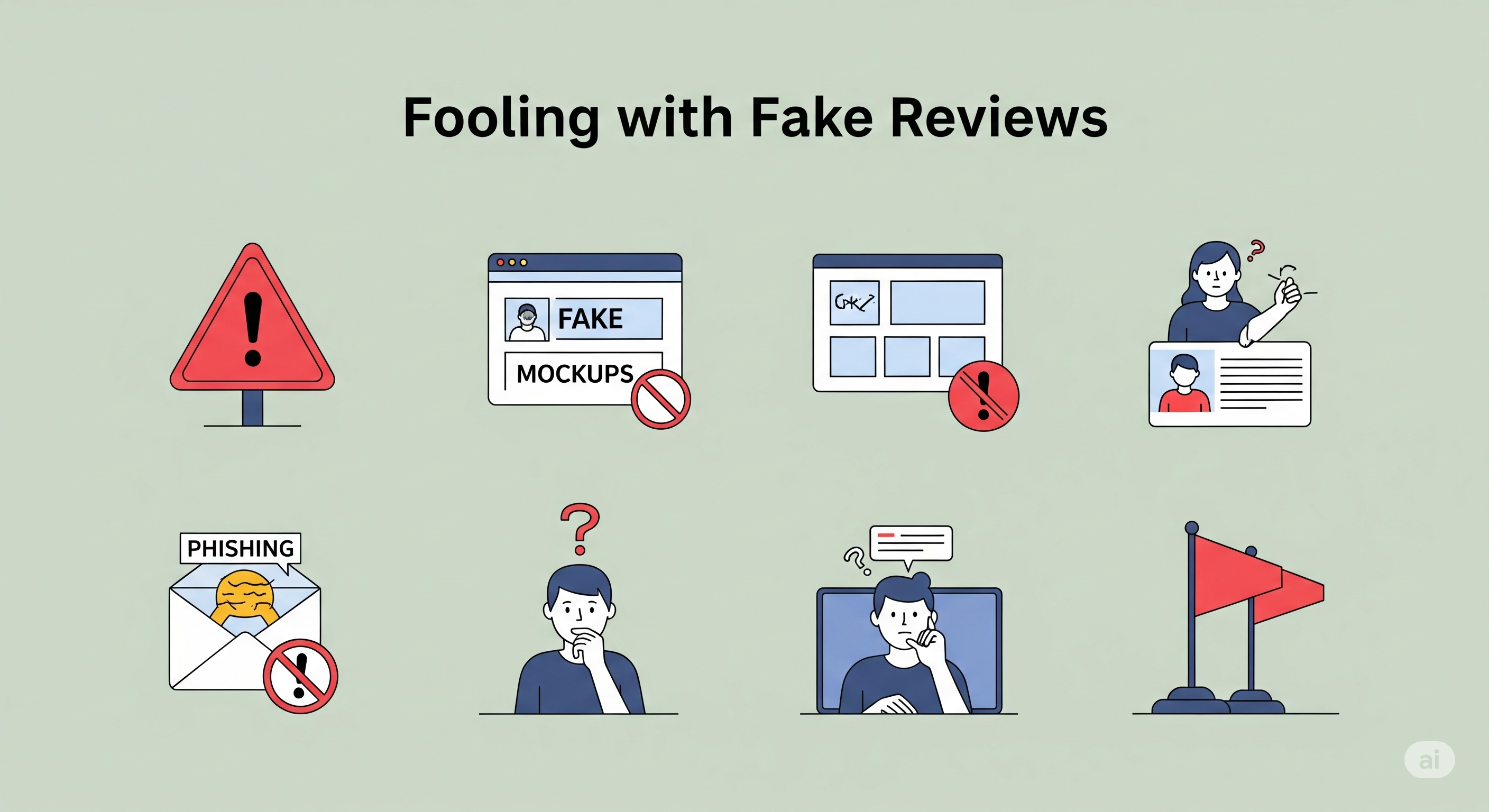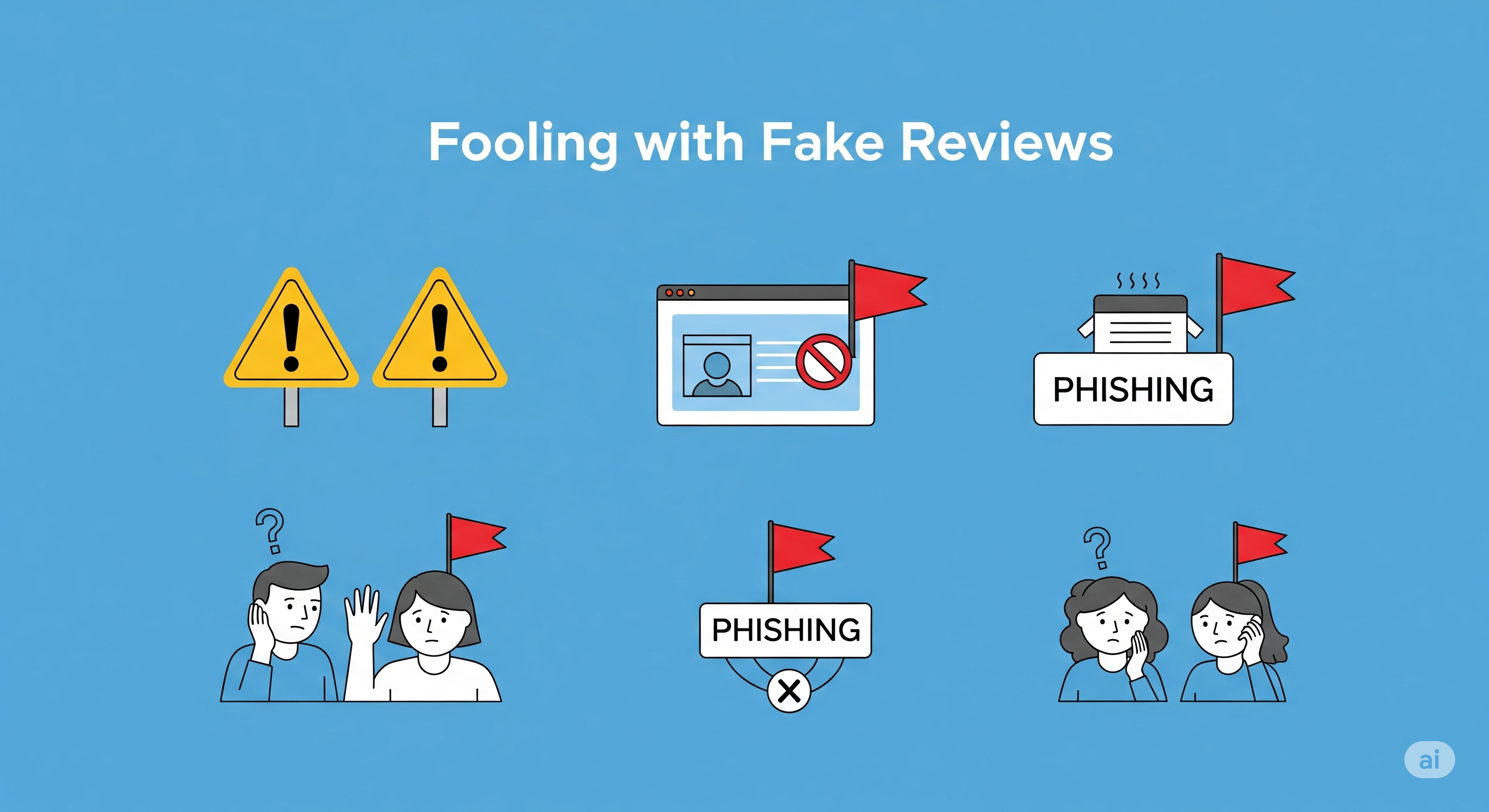Tips & Support
Fooling with Fake Reviews
Fooling with Fake Reviews
By Admin
Related Topics
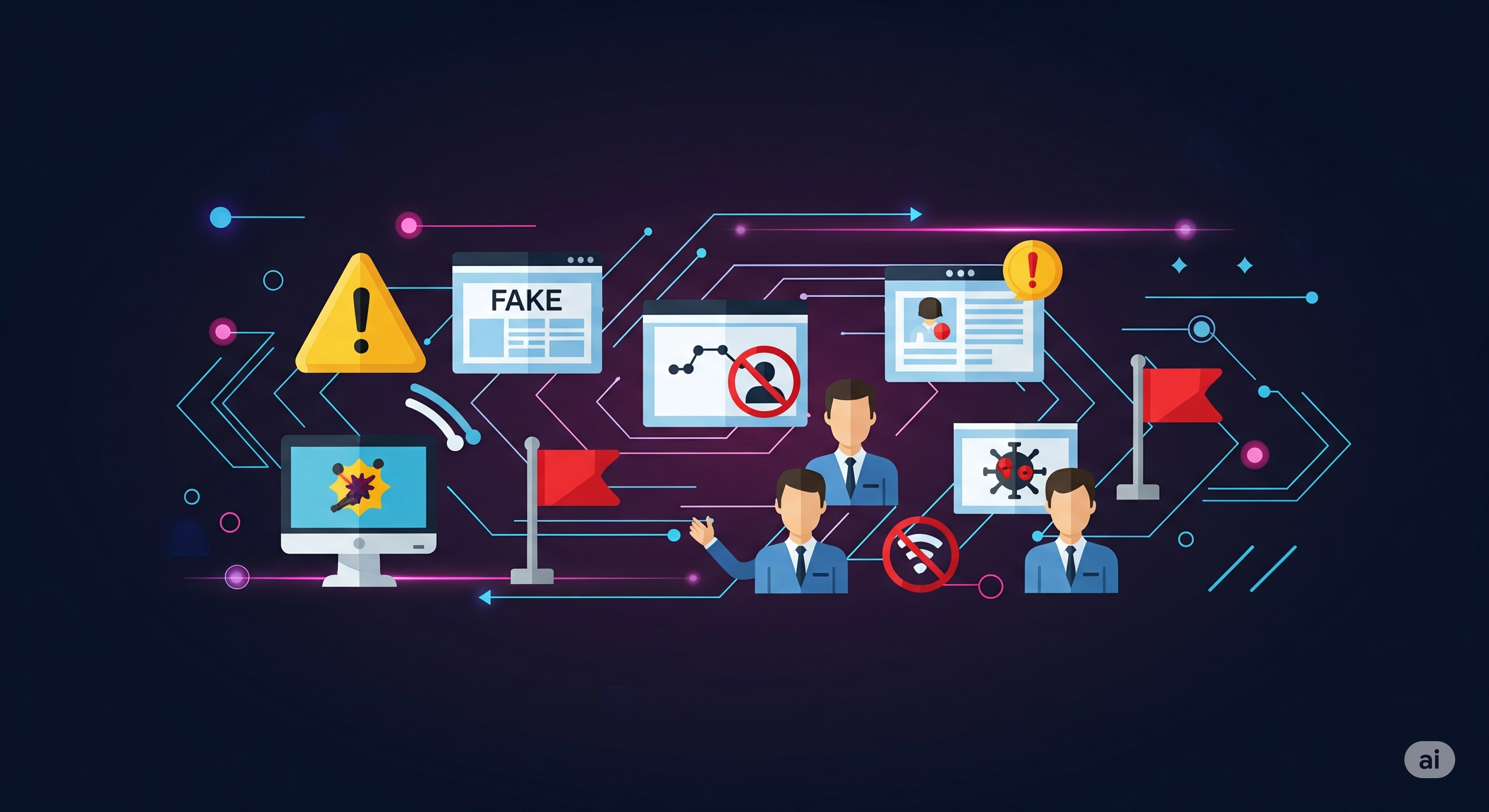
Be Skeptical Online
In today s hyperconnected world where you can get everything from groceries to investing advice with just one click the......
Read More
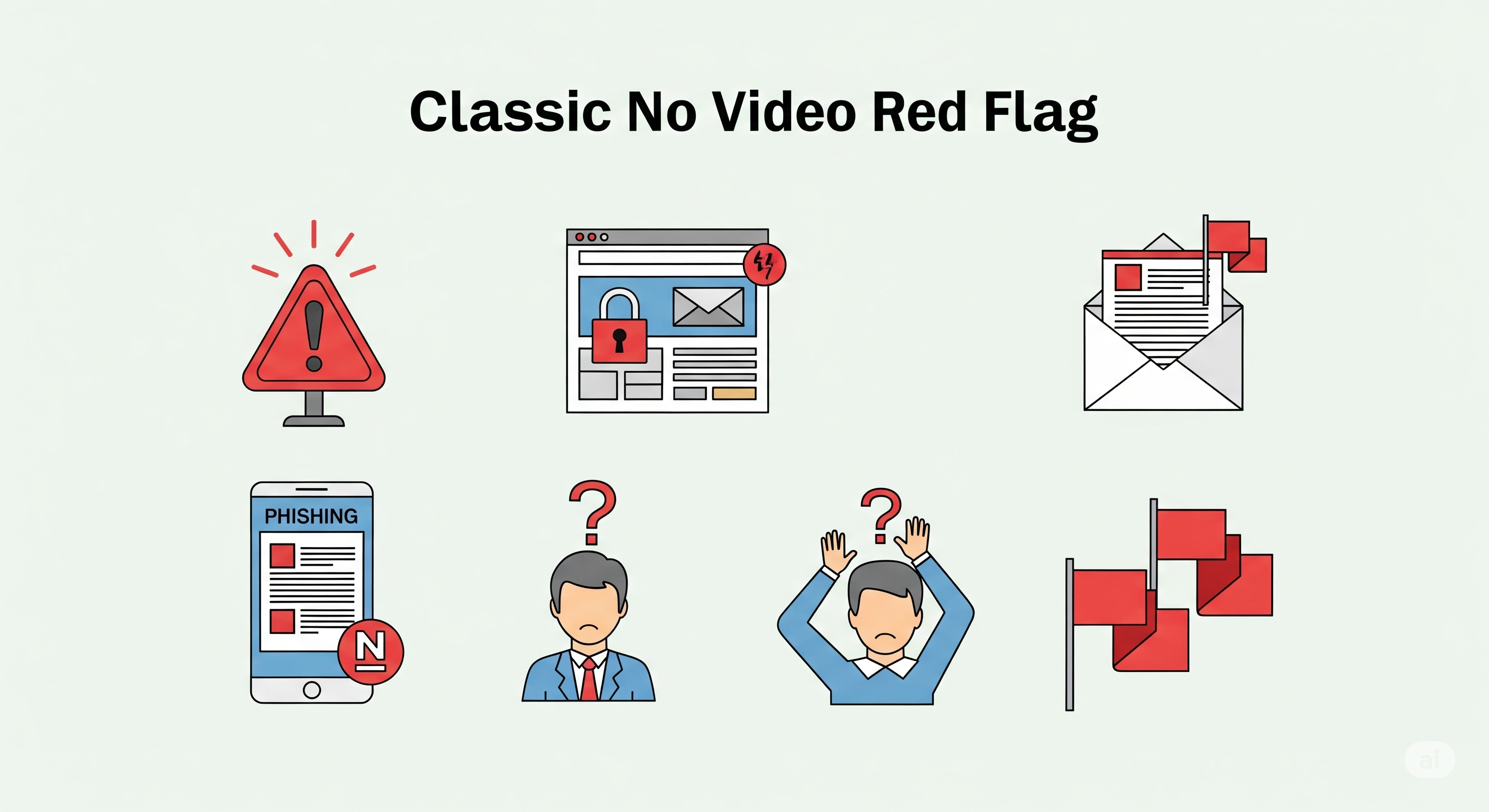
Classic No Video Red Flag
In today s digital world seeing is believing especially when it comes to making decisions online Whether you re considering......
Read More

Beating Dynamic Pricing
You are not dreaming things if you have ever puzzled why the price of a ticket hotel or even a......
Read More
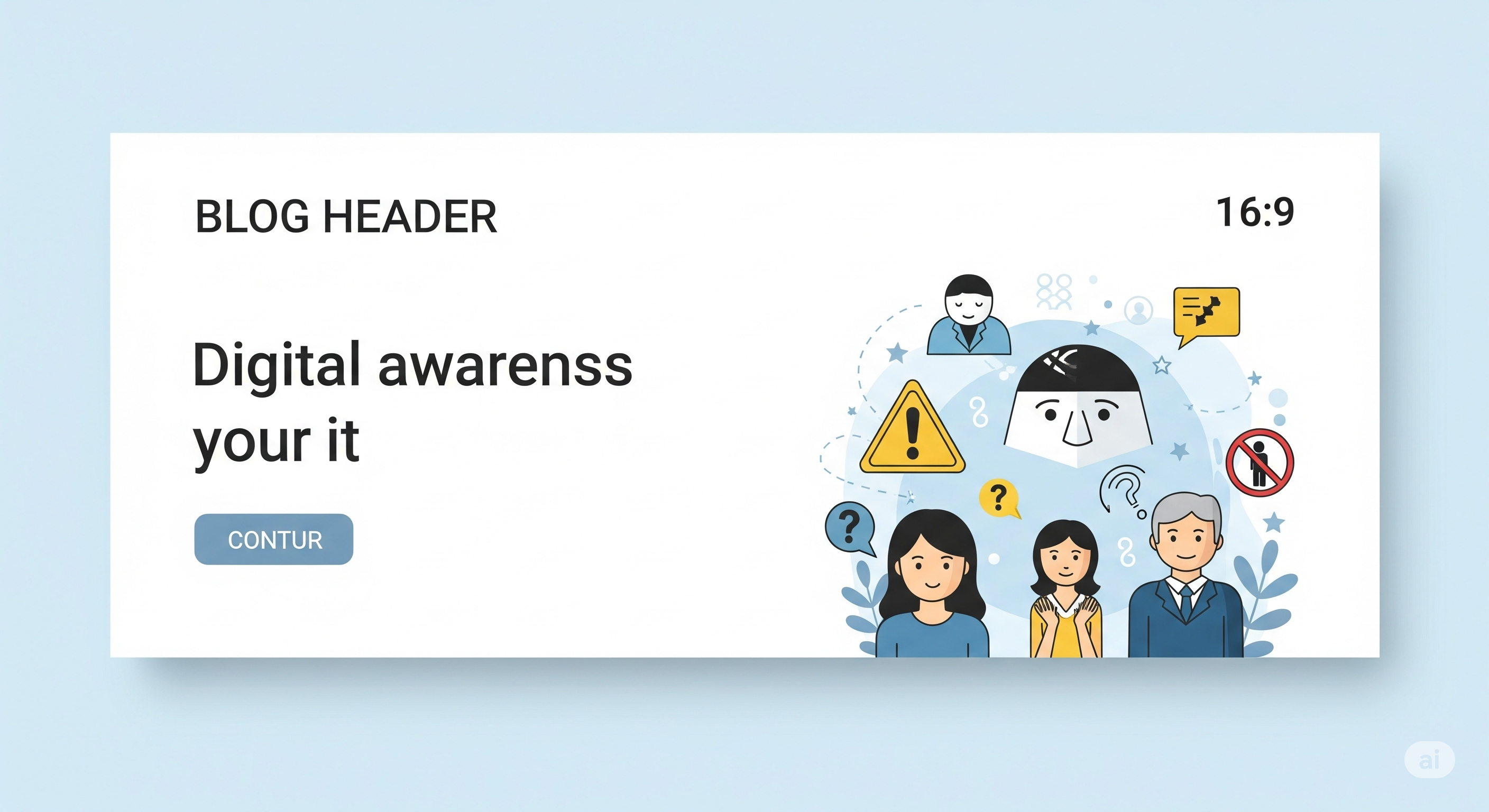
Military Love Trap
The Military Love Trap is a rising internet scam in which scammers pretend to be military members to emotionally deceive......
Read More

Be Skeptical Online
In today s hyperconnected world where you can get everything from groceries to investing advice with just one click the......
Read More
Classic No Video Red Flag
In today s digital world seeing is believing especially when it comes to making decisions online Whether you re considering......
Read More
Beating Dynamic Pricing
You are not dreaming things if you have ever puzzled why the price of a ticket hotel or even a......
Read More
Military Love Trap
The Military Love Trap is a rising internet scam in which scammers pretend to be military members to emotionally deceive......
Read More